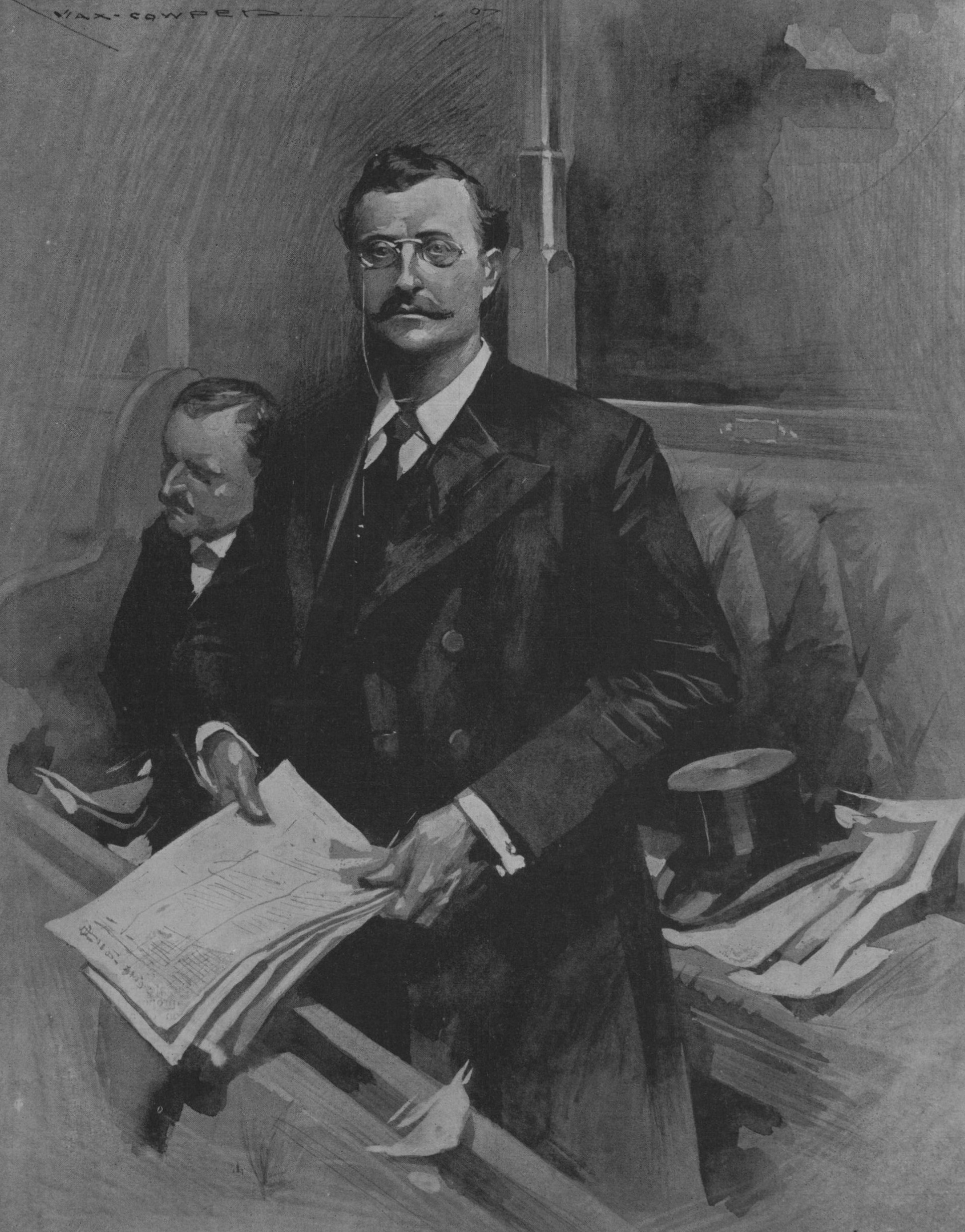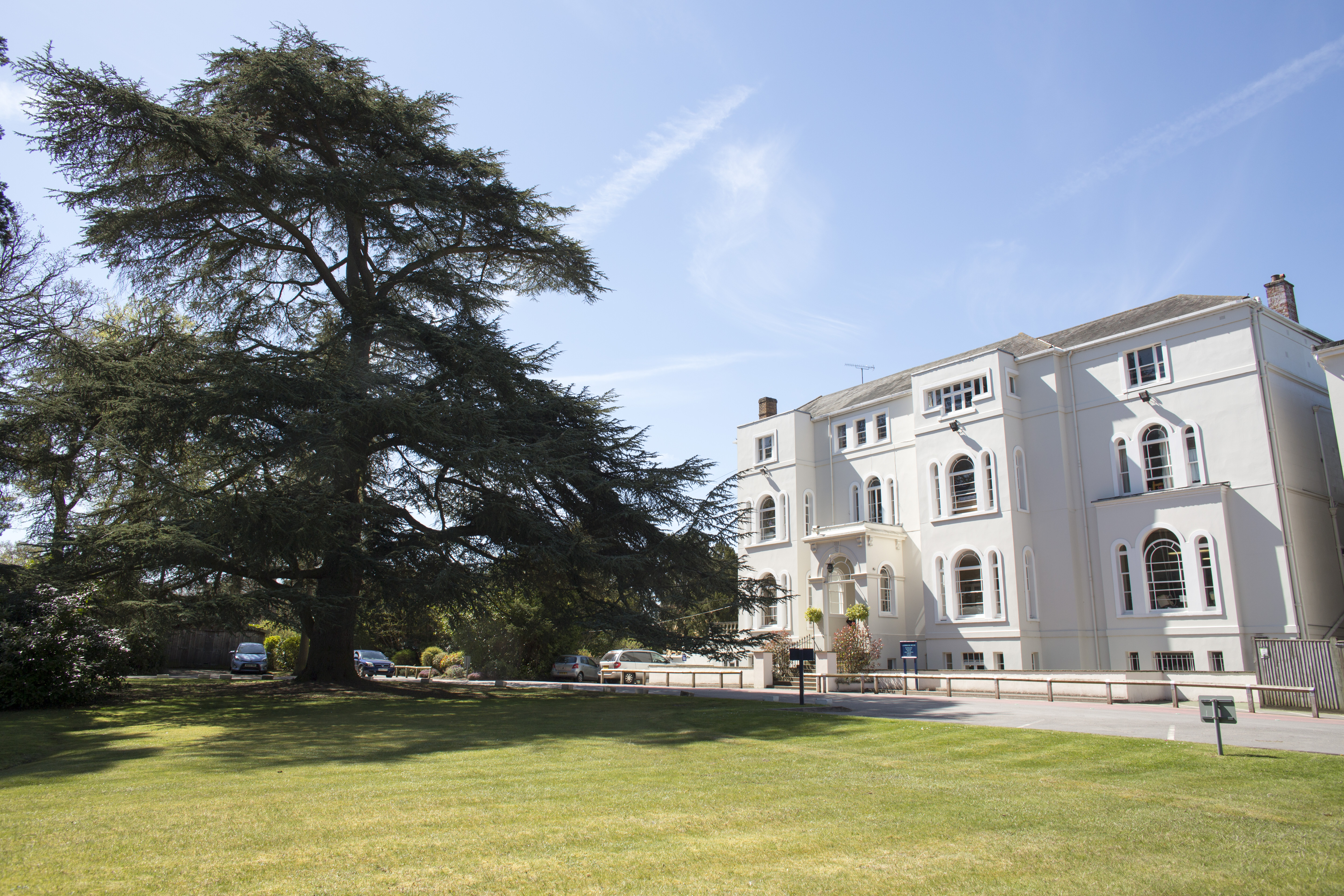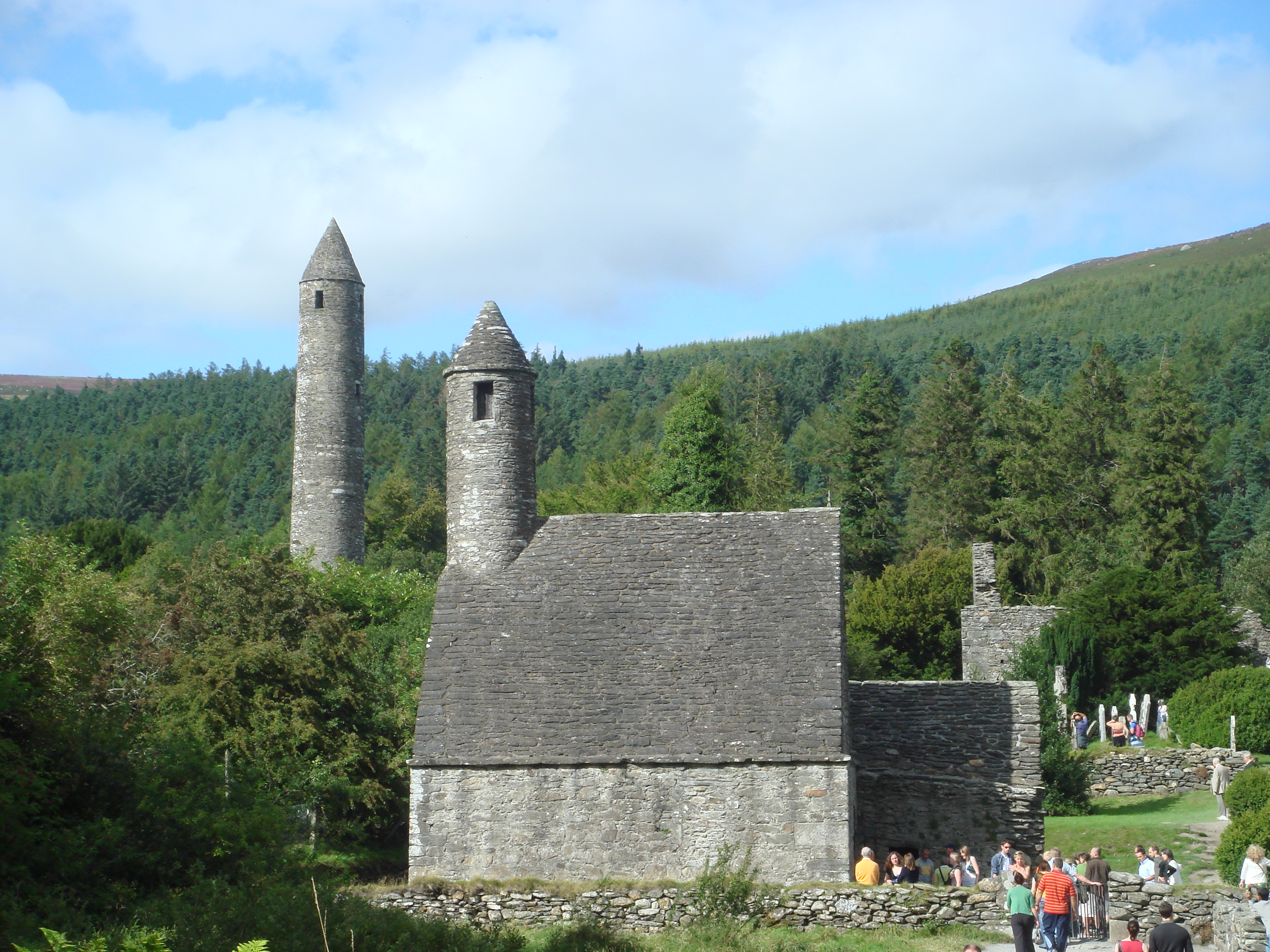|
William Hoey Kearney Redmond
William Hoey Kearney Redmond (13 April 1861 – 7 June 1917) was an Irish nationalist politician who served as a Member of Parliament (MP), was a lawyer and soldier Denman, Terence in: McGuire, James and Quinn, James (eds): ''Dictionary of Irish Biography'' From the Earliest Times to the Year 2002; Royal Irish Academy Vol. 8, Redmond, William Hoey Kearney ("Willie") pp.422-23; Cambridge University Press (2009) who was killed in action in World War I. Family background He came from a Catholic gentry family of Norman descent long associated with County Wexford for seven centuries. His father, William Redmond, was a Home Rule Party MP for Wexford Borough from 1872 to 1880 and was the nephew of the elder John Edward Redmond who is commemorated in Redmond Square near Wexford railway station. Willie Redmond's five-years elder brother was John Redmond who became leader of the Irish Parliamentary Party and he had two sisters. His mother was a daughter of General R.H. Hoey of the ... [...More Info...] [...Related Items...] OR: [Wikipedia] [Google] [Baidu] |
Member Of Parliament (United Kingdom)
In the United Kingdom, a member of Parliament (MP) is an individual elected to serve in the House of Commons of the Parliament of the United Kingdom. Electoral system All 650 members of the UK House of Commons are elected using the first-past-the-post voting system in single member constituencies across the whole of the United Kingdom, where each constituency has its own single representative. Elections All MP positions become simultaneously vacant for elections held on a five-year cycle, or when a snap election is called. The Fixed-term Parliaments Act 2011 set out that ordinary general elections are held on the first Thursday in May, every five years. The Act was repealed in 2022. With approval from Parliament, both the 2017 and 2019 general elections were held earlier than the schedule set by the Act. If a vacancy arises at another time, due to death or resignation, then a constituency vacancy may be filled by a by-election. Under the Representation of the People Act 198 ... [...More Info...] [...Related Items...] OR: [Wikipedia] [Google] [Baidu] |
Wexford Borough (UK Parliament Constituency)
Wexford Borough was a United Kingdom Parliament constituency, in Ireland, returning one Member of Parliament (United Kingdom), Member of Parliament (MP). It was an original constituency represented in Parliament when the Union of Great Britain and Ireland took effect on 1 January 1801. Boundaries This constituency was the Parliamentary borough of Wexford in County Wexford. Members of Parliament Notes:- * 1 Stooks Smith names the MP 1802-1806 as Richard Neville Furness, 1807-1810 as Richard Neville, 1811-1813 as Robert Neville and 1814-1819 as Richard Neville. Walker names the MP for all these terms as Richard Nevill. * 2 From 1832 known as Robert Fitzwygram. * 3 Not an election - date when the previous member was unseated and the petitioner was declared duly elected. * 4 Not an election - change of party allegiance. Elections Elections in the 1830s * On petition, Wigram was unseated and Dering was declared elected. Elections in the 1840s ... [...More Info...] [...Related Items...] OR: [Wikipedia] [Google] [Baidu] |
Irish Coercion Act
A Coercion Act was an Act of Parliament that gave a legal basis for increased state powers to suppress popular discontent and disorder. The label was applied, especially in Ireland, to acts passed from the 18th to the early 20th century by the Irish, British, and Northern Irish parliaments. London In December 1816, a mass meeting took place at Spa Fields near London. The Coercion Act of 1817 was an act of Parliament that suspended habeas corpus and extended existing laws against seditious gatherings in Britain. The Coercion Act was the result of this mass meeting. Ireland The total number of "Coercion Acts" relating to Ireland is a matter of definition, including whether to count separately an act which continues an expiring act. Michael Farrell in 1986 put the total from 1801 to 1921 at 105. John Spencer, 5th Earl Spencer said in the House of Lords that 87 such acts had been passed between the Acts of Union 1801 and 1887, a rate of one per year. The figure was repeated by Joh ... [...More Info...] [...Related Items...] OR: [Wikipedia] [Google] [Baidu] |
Irish National Land League
The Irish National Land League (Irish: ''Conradh na Talún'') was an Irish political organisation of the late 19th century which sought to help poor tenant farmers. Its primary aim was to abolish landlordism in Ireland and enable tenant farmers to own the land they worked on. The period of the Land League's agitation is known as the Land War. Historian R. F. Foster argues that in the countryside the Land League "reinforced the politicization of rural Catholic nationalist Ireland, partly by defining that identity against urbanization, landlordism, Englishness and—implicitly—Protestantism." Foster adds that about a third of the activists were Catholic priests, and Archbishop Thomas Croke was one of its most influential champions. Background Following the founding meeting of the Mayo Tenants Defence Association in Castlebar, County Mayo on 26 October 1878 the demand for ''The Land of Ireland for the people of Ireland'' was reported in the '' Connaught Telegraph'' 2 November ... [...More Info...] [...Related Items...] OR: [Wikipedia] [Google] [Baidu] |
Charles Stewart Parnell
Charles Stewart Parnell (27 June 1846 – 6 October 1891) was an Irish nationalist politician who served as a Member of Parliament (MP) from 1875 to 1891, also acting as Leader of the Home Rule League from 1880 to 1882 and then Leader of the Irish Parliamentary Party from 1882 to 1891. His party held the balance of power in the House of Commons during the Home Rule debates of 1885–1886. Born into a powerful Anglo-Irish Protestant landowning family in County Wicklow, he was a land reform agitator and founder of the Irish National Land League in 1879. He became leader of the Home Rule League, operating independently of the Liberal Party, winning great influence by his balancing of constitutional, radical, and economic issues, and by his skillful use of parliamentary procedure. He was imprisoned in Kilmainham Gaol, Dublin, in 1882, but he was released when he renounced violent extra-Parliamentary action. The same year, he reformed the Home Rule League as the Irish Parliamen ... [...More Info...] [...Related Items...] OR: [Wikipedia] [Google] [Baidu] |
Stephen Gwynn
Stephen Lucius Gwynn (13 February 1864 – 11 June 1950) was an Irish journalist, biographer, author, poet and Protestant Nationalist politician. As a member of the Irish Parliamentary Party he represented Galway city as its Member of Parliament from 1906 to 1918. He served as a British Army officer in France during World War I and was a prominent proponent of Irish involvement in the Allied war effort. He founded the Irish Centre Party in 1919, but his moderate nationalism was eclipsed by the growing popularity of Sinn Féin. Family background Stephen Gwynn was born in Saint Columba's College in Rathfarnham, south County Dublin, where his father John Gwynn (1827–1917), a biblical scholar and Church of Ireland clergyman, was warden. His mother Lucy Josephine (1840–1907) was the daughter of the Irish nationalist William Smith O'Brien. Stephen was the eldest of ten children (eight brothers and two sisters). Shortly after his birth the family moved to Ramelton in County Done ... [...More Info...] [...Related Items...] OR: [Wikipedia] [Google] [Baidu] |
Royal Irish Regiment (1684-1922) , properly named the Royal Irish Regiment (27th (Inniskilling) 83rd and 87th and Ulster Defence Regiment)
{{mil-unit-dis ...
Royal Irish Regiment may be either of two British Army regiments: *Royal Irish Regiment (1684–1922), also known as the 18th Regiment of Foot *Royal Irish Regiment (1992) The Royal Irish Regiment (27th (Inniskilling), 83rd, 87th and The Ulster Defence Regiment) (R IRISH) is an infantry regiment of the British Army. The regiment was founded in 1992 through the amalgamation of the Royal Irish Rangers and the Ulste ... [...More Info...] [...Related Items...] OR: [Wikipedia] [Google] [Baidu] |
Knockbeg College
St Mary's Knockbeg College ( ga, Coláiste Muire Cnoc Beag) is a Roman Catholic, all-boys secondary school located on the Laois/Carlow border in Ireland, approximately 3 km from both Carlow town and Graiguecullen, Co. Laois. A former seminary school for the diocese of Kildare and Leighlin, it was founded in 1793. Exclusively a boarding school until the 1980s, it now accommodates only day-pupils; the boarding school having closed down in June 2011. Knockbeg College celebrated its bicentenary in 1993. Knockbeg won the All-Ireland College's Senior Football Championship in 2005, under the guidance of former Laois GAA football captain and current teacher, Chris Conway. In 2006, Knockbeg were the victors of the Thomas Crosbie Holdings All Ireland Quiz Championship, bringing All-Ireland success to the college twice in two years, and were crowned All-Ireland German Debating Champions in 2008. History St Mary's Knockbeg College is one of the oldest secondary schools in Irel ... [...More Info...] [...Related Items...] OR: [Wikipedia] [Google] [Baidu] |
Preparatory School (United Kingdom)
A preparatory school (or, shortened: prep school) in the United Kingdom is a fee-charging independent primary school that caters for children up to approximately the age of 13. The term "preparatory school" is used as it ''prepares'' the children for the Common Entrance Examination in order to secure a place at an independent secondary school, typically one of the English public schools. They are also preferred by some parents in the hope of getting their child into a state selective grammar school. Most prep schools are inspected by the Independent Schools Inspectorate, which is overseen by Ofsted on behalf of the Department for Education. Overview Boys' prep schools are generally for 8-13 year-olds, who are prepared for the Common Entrance Examination, the key to entry into many secondary independent schools. Before the age of 7 or 8, the term "pre-prep school" is used. Girls' independent schools in England tend to follow the age ranges of state schools more closely than th ... [...More Info...] [...Related Items...] OR: [Wikipedia] [Google] [Baidu] |
Clongowes Wood College
Clongowes Wood College SJ is a voluntary boarding school for boys near Clane, County Kildare, Ireland, founded by the Jesuits in 1814, which features prominently in James Joyce's semi-autobiographical novel ''A Portrait of the Artist as a Young Man''. One of five Jesuit schools in Ireland, it had 450 students in 2019. The school's current headmaster, Christopher Lumb, is the first lay headmaster in its history. School The school is a secondary boarding school for boys from Ireland and other parts of the world. The school is divided into three groups, known as "lines". The Third Line is for first and second year students, the Lower Line for third and fourth years, and the Higher Line for fifth and sixth years. Each year is known by a name, drawn from the Jesuit '' Ratio Studiorum'': Elements (first year), Rudiments (second), Grammar (third), Syntax (fourth), Poetry (fifth), and Rhetoric (sixth). Buildings The medieval castle was originally built in the 13th century by Stuar ... [...More Info...] [...Related Items...] OR: [Wikipedia] [Google] [Baidu] |
County Wicklow
County Wicklow ( ; ga, Contae Chill Mhantáin ) is a county in Ireland. The last of the traditional 32 counties, having been formed as late as 1606, it is part of the Eastern and Midland Region and the province of Leinster. It is bordered by the Irish Sea to the east and the counties of Wexford to the south, Carlow to the southwest, Kildare to the west, and South Dublin and Dún Laoghaire–Rathdown to the north. Wicklow is named after its county town of Wicklow, which derives from the name (Old Norse for "Vikings' Meadow"). Wicklow County Council is the local authority for the county, which had a population of 155,258 at the 2022 census. Colloquially known as the "Garden of Ireland" for its scenerywhich includes extensive woodlands, nature trails, beaches, and ancient ruins while allowing for a multitude of walking, hiking, and climbing optionsit is the 17th largest of Ireland's 32 counties by area and the 15th largest by population. It is also the fourth largest of Lein ... [...More Info...] [...Related Items...] OR: [Wikipedia] [Google] [Baidu] |
Irish Parliamentary Party
The Irish Parliamentary Party (IPP; commonly called the Irish Party or the Home Rule Party) was formed in 1874 by Isaac Butt, the leader of the Nationalist Party, replacing the Home Rule League, as official parliamentary party for Irish nationalist Members of Parliament (MPs) elected to the House of Commons at Westminster within the United Kingdom of Great Britain and Ireland up until 1918. Its central objectives were legislative independence for Ireland and land reform. Its constitutional movement was instrumental in laying the groundwork for Irish self-government through three Irish Home Rule bills. Origins The IPP evolved out of the Home Rule League which Isaac Butt founded after he defected from the Irish Conservative Party in 1873. The League sought to gain a limited form of freedom from Britain in order to manage Irish domestic affairs in the interest of the Protestant landlord class. It was inspired by the 1868 election of William Ewart Gladstone and his Liberal Party unde ... [...More Info...] [...Related Items...] OR: [Wikipedia] [Google] [Baidu] |


_Irish_Frankenstein.jpg)


